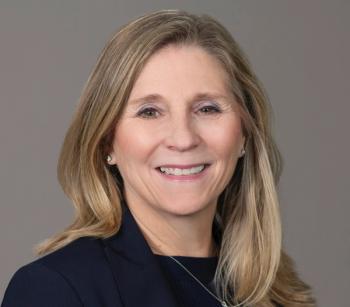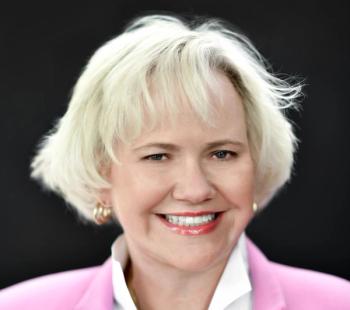
Supreme Court hears arguments on payments to hospitals for low-income patients
The justices weighed a challenge involving Disproportionate Share Hospital payments. Hospitals say the government hasn’t calculated payments fairly, costing providers more than $1 billion annually.
Hospitals had been waiting for the Supreme Court to review a case involving federal payments for caring for patients with low incomes.
After months of anticipation, the nation’s highest court heard arguments in the case Tuesday.
Hospitals have challenged the U.S. Department of Health and Human Services and the calculation of payments for the Disproportionate Share Hospital program. Hospitals have argued the government’s compensation of hospitals with a large number of patients with low incomes has been inconsistent. Health systems say the government’s inadequate payments have cost hospitals more than $1 billion annually.
In a narrow 5-4 ruling in 2022, the high court ruled that
Melissa Arbus Sherry, the attorney arguing for hospitals, said that the federal payments must be applied more fairly and consistently or hospitals will pay the price.
“The reason Congress created the DSH adjustment to begin with was because of the higher cost of treating a low-income population, and hospitals that treat a disproportionate share need this money in order to stay afloat,” Sherry said.
She said the DSH program is designed “to incentivize them to provide the services that are needed to service this vulnerable and at-risk population, and without a proper reimbursement under the formula, that's going to be very difficult and has been very difficult for hospitals to do.”
- Read more:
Emergency doctors, nurses relieved but not satisfied with Supreme Court ruling on abortion care
In response to questioning from Justice Brett Kavanaugh, Sherry said the resolution of the question around payments could determine if some hospitals survive.
“I think that is realistic,” Sherry said. She noted amicus briefs filed by hospitals and their trade groups that outline the narrow margins for some hospitals.
Much of the arguments center on the complex formula that the federal government uses to determine how much hospitals are paid in the DSH program.
Hospitals argue that the U.S. Health Department is calculating the formula improperly.
Health systems say the government has incorrectly taken a position that a patient is entitled to Supplemental Security Income (SSI) benefits only if the patient received cash SSI payments during the time they are in the hospital. The American Hospital Association and other hospital groups say that contradicts the high court’s 2022 ruling on DSH payments.
Ultimately, hospitals say the government should focus on whether patients are entitled to those benefits, and they say the health department’s policy is short-changing hospitals.
As a result, Sherry argued that the government policy does not properly compensate hospitals for caring for some patients with low incomes, such as a Medicaid patient coming out of a nursing home or a patient waiting for their first SSI payment.
“This is about DSH, and DSH is about ensuring that hospitals are reimbursed for low-income patients that are less healthy and that are costlier to treat,” Sherry said.
Ephraim McDowell, assistant to the U.S. solicitor general, who argued on behalf of the federal government, said the health department is simply adhering to decades-long policy.
“We understand the DSH payments are critical to hospitals,” McDowell said. “And we provide billions of dollars in DSH payments each year.”
In 2024, the government provided $9.2 billion in DSH payments to hospitals, McDowell said.
Hospitals have said the Supreme Court case on the payments has far-reaching implications. For example, hospitals say the formula has an impact on eligibility for the federal
But McDowell rejected the concern over 340B eligibility before the justices.
“They don't fully explain the fact that hospitals will have, do have, other pathways of getting into that program,” McDowell said.
The attorneys also sparred over hospitals estimating a $1.5 billion impact over insufficient DSH payments.
“They don't explain how they get to that number,” McDowell said.
In response, Sherry noted that the government hasn’t provided a counter figure, or access to federal data to come up with a more precise estimate.
“They don't come up with a contrary number to that,” Sherry said.
Several groups filed an
“All hospitals, but especially safety-net and rural hospitals, depend on fair and accurate compensation to keep their doors open and maintain capacity to provide needed services to the nation’s most vulnerable patients,” the groups said in the brief.
Hospital trade groups pointed to the long-running legal battle with the government over the payments. They referred to what they called the health department’s “long history of undermining the DSH program” in the amicus brief.
“Although Congress established DSH payments to address the critical needs of hospitals serving poor communities, HHS has repeatedly interpreted the statute in the most restrictive manner possible,” the hospitals stated.






















































































